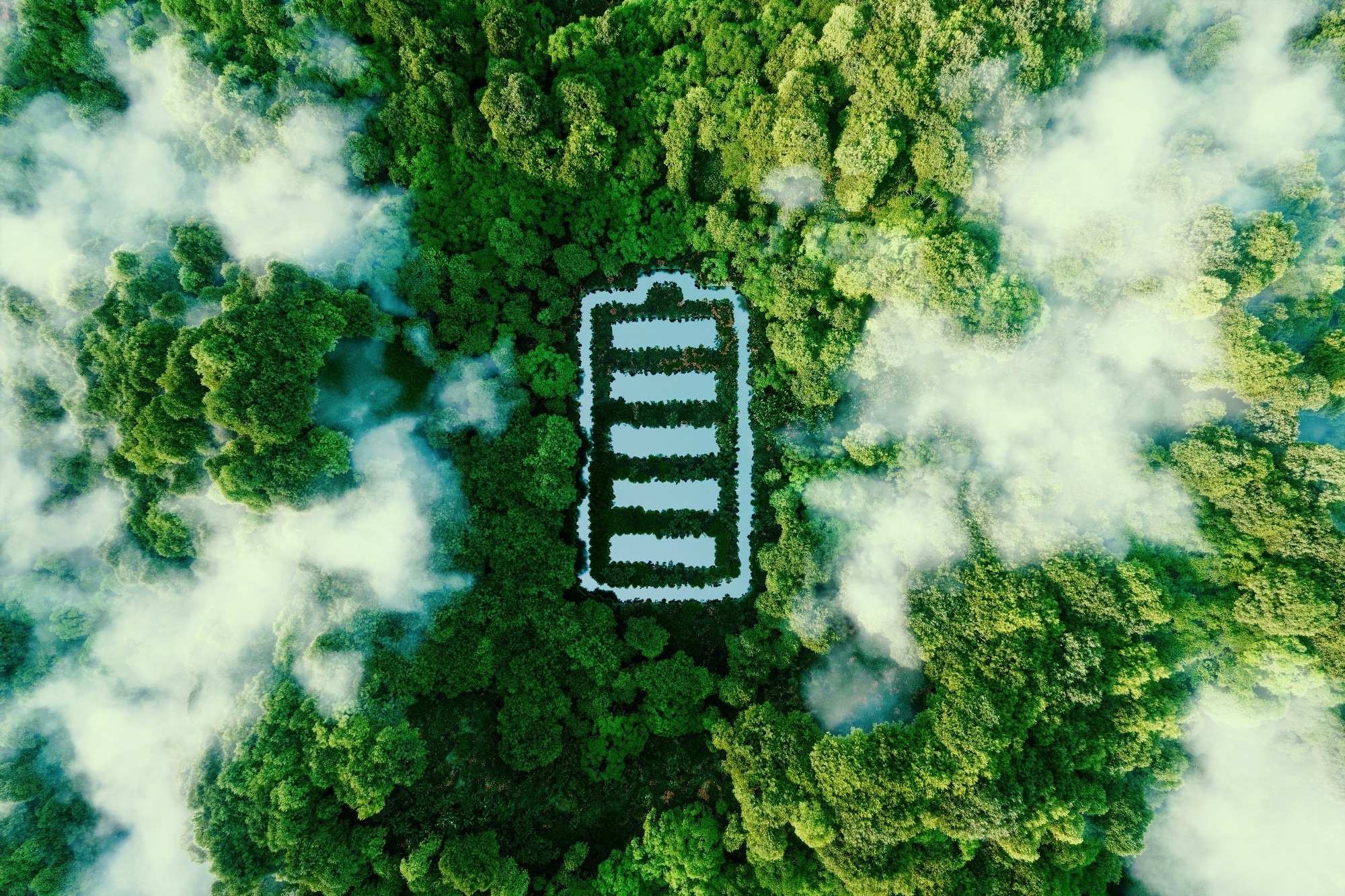According to new ECU research, batteries made of zinc and air hold huge potential to power electric vehicles in the future. The research team tested zinc-air batteries using a combination of cheaper, safer and sustainably sourced materials, which allowed for improved lifespan and performance.

Image Credit: petrmalinak/Shutterstock.com
According to a recent Edith Cowan University (ECU) study into the advancement of sustainable battery systems, zinc-air batteries have proven to be an excellent substitute for lithium.
Dr. Muhammad Rizwan Azhar of ECU led the project that discovered lithium-ion batteries, which, despite being a popular choice for electric vehicles around the world, have limitations due to cost, limited resources, and safety concerns.
Rechargeable zinc-air batteries (ZABs) are becoming more appealing because of their low cost, environmental friendliness, high theoretical energy density, and inherent safety. With the emergence of next-generation long-range vehicles and electric aircraft in the market, there is an increasing need for safer, more cost-effective, and high-performance battery systems that can surpass the capabilities of lithium-ion batteries.
Dr. Muhammad Rizwan Azhar, Edith Cowan University
Zinc-Air
A zinc-air battery is made up of a negative electrode made of zinc and a positive electrode made of air.
Until now, the major disadvantage of these has been the limited power output due to poor performance of air electrodes and short lifespan.
Thanks to ECU's breakthrough, however, engineers have been able to redesign zinc-air batteries using a combination of new materials, like carbon, cheaper iron, and cobalt-based minerals.
The new design has been so efficient it suppressed the internal resistance of batteries, and their voltage was close to the theoretical voltage which resulted in a high peak power density and ultra-long stability. In addition to revolutionizing the energy storage industry, this breakthrough contributes significantly to building a sustainable society, reducing our reliance on fossil fuels, and mitigating environmental impacts.
Dr. Muhammad Rizwan Azhar, Edith Cowan University
Dr. Muhammad Rizwan Azhar adds, “By using natural resources, such as zinc from Australia and air, this further enhances the cost-effectiveness and viability of these innovative zinc-air batteries for the future.”
Viable and Reliable
While renewable resources like solar, wind, and hydro energy are important for the future of green energy, they are not entirely reliable because they are intermittent sources of energy.
Due to the abundance of zinc available in countries such as Australia, and the ubiquity of air, this becomes a highly viable and reliable energy storage solution.
Dr. Muhammad Rizwan Azhar, Edith Cowan University
The redesign of zinc-air batteries by ECU brings Australia closer to meeting the UN Sustainable Development Goals and targets set by the Paris Agreement, which was established in late 2015 to highlight the importance of sustainable energy resources in limiting climate change.
Journal Reference:
Arafat, Y., et al. (2023). CoNiFe‐layered double hydroxide decorated Co‐N‐C network as a robust bi‐functional oxygen electrocatalyst for zinc‐air batteries. EcoMat. doi.org/10.1002/eom2.12394.